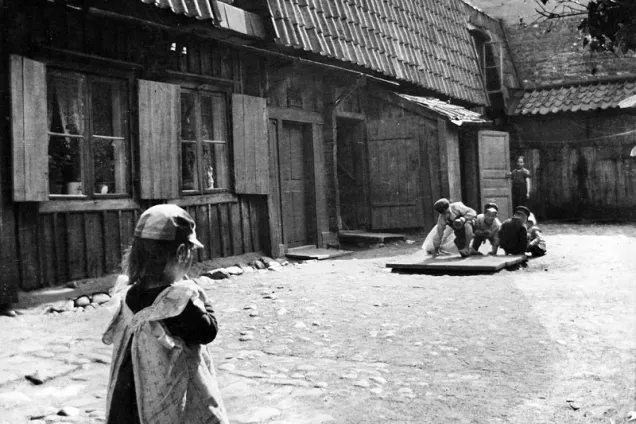Economic demography, Population economics
Economic demography deals with the essence of human life: birth and death, marriage and divorce, migration and social mobility, and specifically how demographic processes are shaped by socioeconomic factors at the individual, family and societal level.
Demography also affects the economy and society through a changing age structure, migration flows, cycles in union formation and childbearing.
In economic demography we study population issues from a social science perspective and how demography interacts with the economy. Our research aims to improve knowledge and understanding of demographic processes from preindustrial times up to the present.
Much of our research is based on a life-course approach using individual and family-level data in a variety of geographical contexts. Researchers in this area are affiliated with the Centre for Economic Demography (CED), which gathers researchers from three faculties (School of Economics and Management, Social Sciences, and Medicine) at Lund University. The research is organised within six interrelated themed areas which share theoretical and methodological approaches:
- Health and Mortality
- Gender, Family and Welfare
- Migration and Integration
- Population Ageing
- Historical Demography
- Social Stratification and Mobility.
A large part of our research has been funded by external grants received in competition, from the EU, the Swedish Research Council (VR), the Swedish Foundation for Humanities and Social Sciences (RJ), the Swedish Research Council for Health, Working Life, and Welfare (FORTE), the Marianne and Marcus Wallenberg Foundation, the Jan Wallander and Tom Hedelius Foundation (Handelsbanken), among others.
More information
Centre for Economic Demography (CED)
Projects, publications and more
Centre for Economic Demography in the Lund University Research Portal
Contact
Martin Dribe
Professor of Economic History
Director, Centre for Economic Demography
